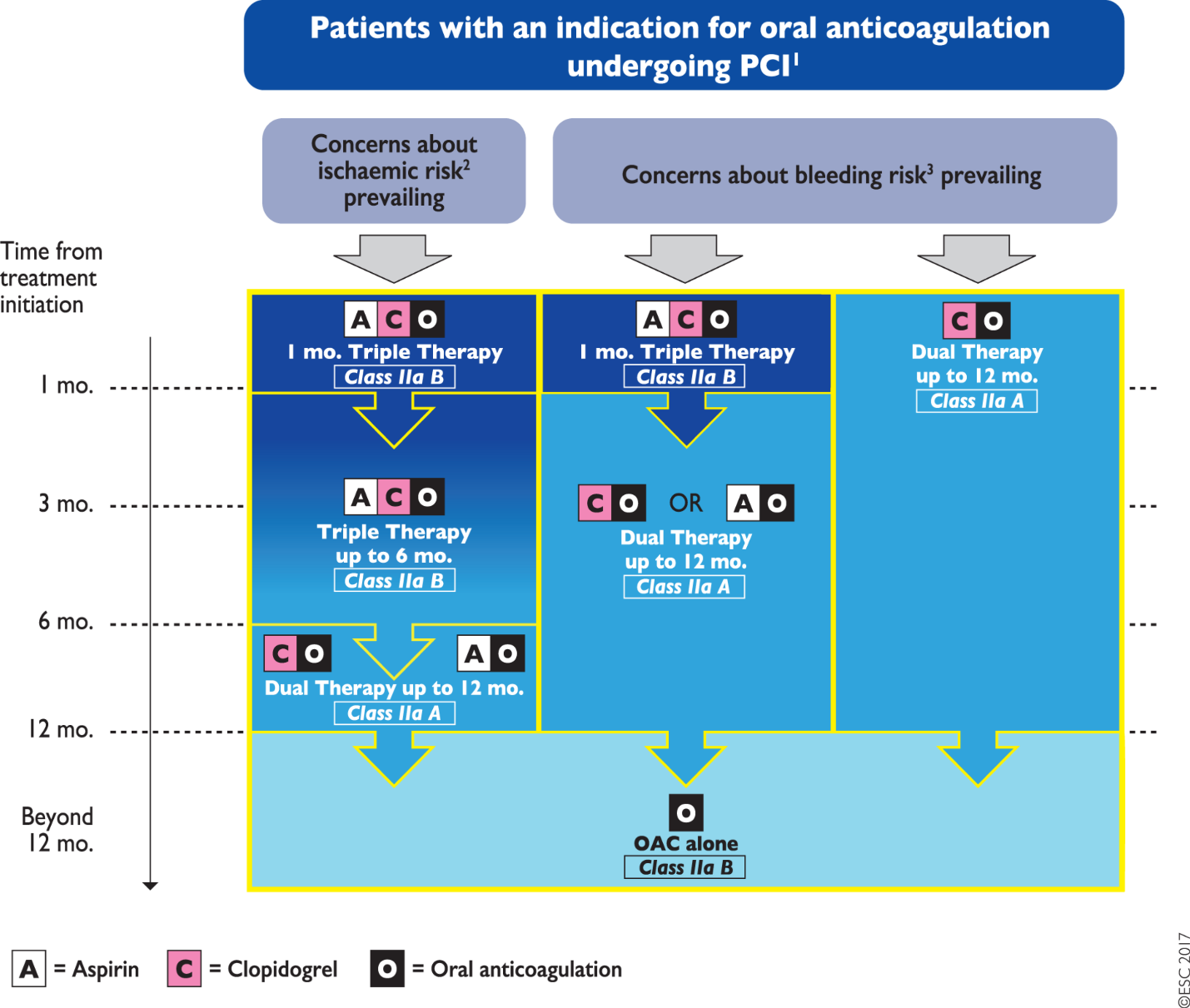Is plavix an anticoagulant specific oral
Blood Thinners | Anticoagulants | MedlinePlus
Blood thinners learn more here medicines that prevent blood clots from forming. They also keep existing blood clots from getting larger.

Clots in your arteries, veins, /provigil-patient-assistance-refill-request-form.html heart can cause heart attacksstrokes is plavix an anticoagulant specific oral, and blockages. You may take a blood thinner if you have.
Anticoagulation (Blood Thinners) and Congenital Heart Defects | American Heart Association
There are two main types of blood thinners. Anticoagulants such as heparin or warfarin is plavix an anticoagulant specific oral called Coumadin slow down your body's process of making clots. Antiplatelet drugs, such as aspirin, prevent blood cells called platelets from clumping together to form a clot.
When you take a blood thinner, follow directions carefully.
Modern role for clopidogrel in management of atrial fibrillation and stroke reduction
Blood thinners may interact with certain foods, medicines, vitamins, and alcohol. Make sure that your healthcare provider knows all of the is plavix an anticoagulant specific oral and supplements you are using. You will probably need regular blood tests to check how well your blood is clotting. It is important to make sure that you're taking enough medicine to prevent clots, but is plavix an anticoagulant specific oral so much that it causes bleeding.
Clopidogrel
Blood Thinners Also called: See, Play and Learn No links available. Resources Find an Expert.

For You Patient Handouts. You may take a blood thinner if you have Certain heart or blood vessel diseases An abnormal heart rhythm is plavix an anticoagulant specific oral atrial fibrillation A heart valve replacement A risk is plavix an anticoagulant specific oral blood clots after surgery Congenital heart defects There are two main types of blood thinners.
Warfarin National Institutes of Health. Colonoscopy, Polypectomy, and the Risk of Bleeding.

Keep It Moving and Remember to P. Comparison of dabigatran and warfarin used in patients with non-valvular Blood Thinners -- see more articles.
National Heart, Lung, and Blood Institute.

Trazodone 100mg used for narcotic
Clopidogrel , sold as the brandname Plavix among others, [1] is an antiplatelet medication that is used to reduce the risk of heart disease and stroke in those at high risk. Common side effects include headache, nausea, easy bruising, itching, and heartburn.

Deltasone 20 mg side effects
Atrial fibrillation AF is the most common sustained cardiac arrhythmia. The expected risk for ischemic stroke is increased five-fold by the presence of AF, primarily as a result of cardiogenic embolism.

Pariet 10 mg tablets forum
Anticoagulants and antiplatelet drugs eliminate or reduce the risk of blood clots. Instead, they help prevent or break up dangerous blood clots that form in your blood vessels or heart. Without treatment, these clots can block your circulation and lead to a heart attack or stroke.
2018 ©